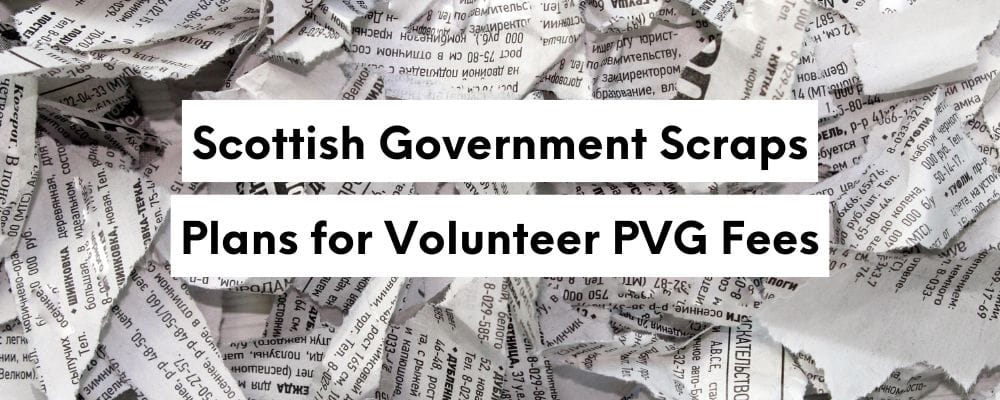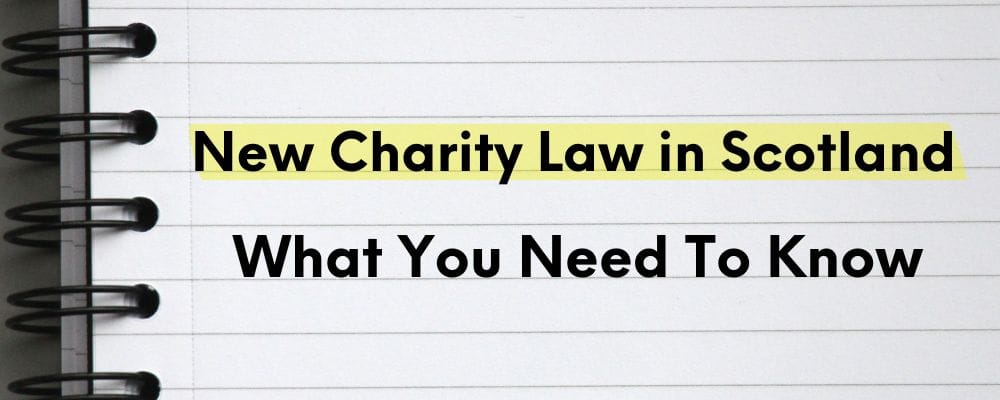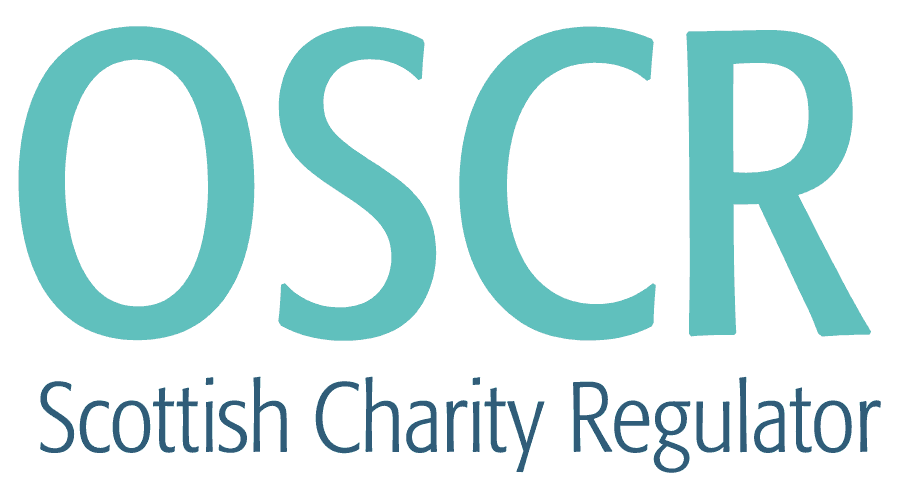We are excited to announce that Year 4 of the Midlothian Communities Mental Health and Wellbeing Fund for Adults launches on Monday 9 September 2024. We will distribute a total of £247,983.21 to local third sector organisations and community groups by the end of March 2025.
Fund Purpose and Objectives
This fund, highly valued and eagerly anticipated, aims to support people’s mental health and wellbeing while offering opportunities for community connections. It focuses on funding activities that address mental health challenges early or prevent the deterioration of wellbeing. Midlothian Third Sector Interface has been appointed by the Scottish Government to distribute the funding locally. The fund emphasizes prevention, early intervention, and supporting grassroots community groups in tackling mental health inequalities. Organisations are encouraged to work together, and the fund’s processes are designed to be easy to understand and accessible. We seek to fund group projects that promote good mental health, foster meaningful and supportive connections within communities, and help individuals find a sense of purpose.
History and Evolution of the Fund
The fund was initially established to respond to the mental health effects of the Covid-19 pandemic. In Year 2, the fund expanded its scope to address the cost-of-living crisis. Year 3 continued to emphasize the importance of supporting mental health and wellbeing through tough times, particularly for those living in poverty or experiencing work-related distress.
Year 4 Focus and Objectives
In year 4, the grant will continue to support community-based initiatives that promote and develop good mental health and wellbeing. It also aims to mitigate and protect against the impact of distress, anxieties, diagnosed mental ill health, and neurodiversity within the adult population. The fund is particularly focused on addressing social isolation and loneliness, as well as preventing suicides.
Grant Streams in Year 4
Year 4 will continue the existing distribution model, dividing the fund across three separate grant streams:
- Microgrants: Up to £2,000 (min £500)
- Small Grants: Up to £10,000
- Larger Grants: Up to £30,000
To complement these grant streams, up to £5,000 per organisation will also be available for capital spending. Both new projects and existing ones that demonstrate impact and progress are encouraged to apply.
Oversight and Community Involvement
The model used in Midlothian has been replicated across Scotland over the last three years. Every Third Sector Interface (TSI) and voluntary group in the country has been involved in raising awareness of mental health and wellbeing through community-based activities.
In Midlothian, the fund is overseen by a team of staff and volunteers from the TSI, Midlothian Council, Health in Mind, NHS Lothian, and Midlothian Health and Social Care Partnership. Like the previous years, the year 4 funding—informally called “the Sunflower Fund”—emphasizes collaboration, partnerships, capacity building, and the development of creative projects that operate at a grassroots level.
In year 4, people with lived experience are again involved in the fund’s administration and decision-making processes. The Detailed Fund Guideline outlines various aspects of the fund, continuing the year 3 theme of building on existing collaborations while empowering new ones.
A Message from Our Chief Officer
“We are delighted to have been given this money again to support local organisations in such difficult times of austerity and scarce funding streams. We strongly believe in community strength and spirit to support each other, learn from each other, and connect. Throughout the years, we have seen evidence of good partnership working, and we will encourage this yet again this year to leave a lasting impact and pave the paths for future collaborations.
We know that Midlothian’s communities are committed to supporting good mental health and wellbeing, whether this is through specialist trauma-informed practices, walking and talking, or simply a cup of tea and a blether. I believe the Fund will enable more people to make social connections and access opportunities that promote good mental health, prevent worsening of wellbeing, and empower people to overcome mental health challenges.”
Dr Lesley Kelly
Chief Officer, Midlothian Third Sector Interface















